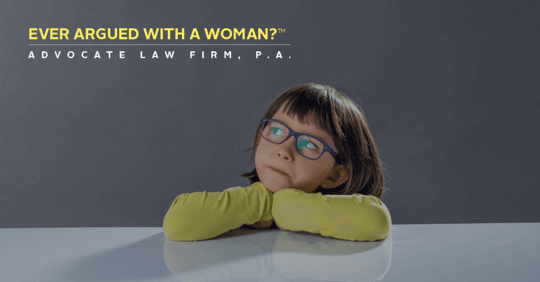Divorce is always difficult, but cases involving children have additional complications that can make proceedings even more challenging. Many parents wonder whether the desires of a child can be taken into account by a court, and the general rule is that a child cannot express a parental preference until they are 18 years of age.
Understanding a Child’s Preference
In most cases, judges are very resistant to involving children in the divorce process and will not want to have children testifying in court. Parental preference is more likely to be taken into account the older that a child is, but it is unlikely to be considered when a child is considerably young.
That said, children can have a legal right to have their voices heard, possibly through a guardian ad litem or a psychologist. It is important to keep in mind that many children themselves do not want to be involved in the divorce process and forced to pick between their two parents.
When spouses already have a separation agreement and child custody schedule, the terms of custody can always be modified for any change in circumstances. It is always best for any parent going through a divorce in Bartow or Lakeland to make sure that they have experienced legal representation capable of helping secure the best interests of the child.
Hire a Bartow Divorce Lawyer
Advocate Law Firm, P.A. understands the tremendous stress that divorce cases can have on people when children are involved, and our firm will fight to make sure that your rights are protected. We can negotiate the most favorable custody terms possible to avoid contentious court appearances, but our lawyer is not afraid to take a case to trial when it is necessary.
Call us today at (863) 644-5566 to learn about how we can help you with your child custody case.

